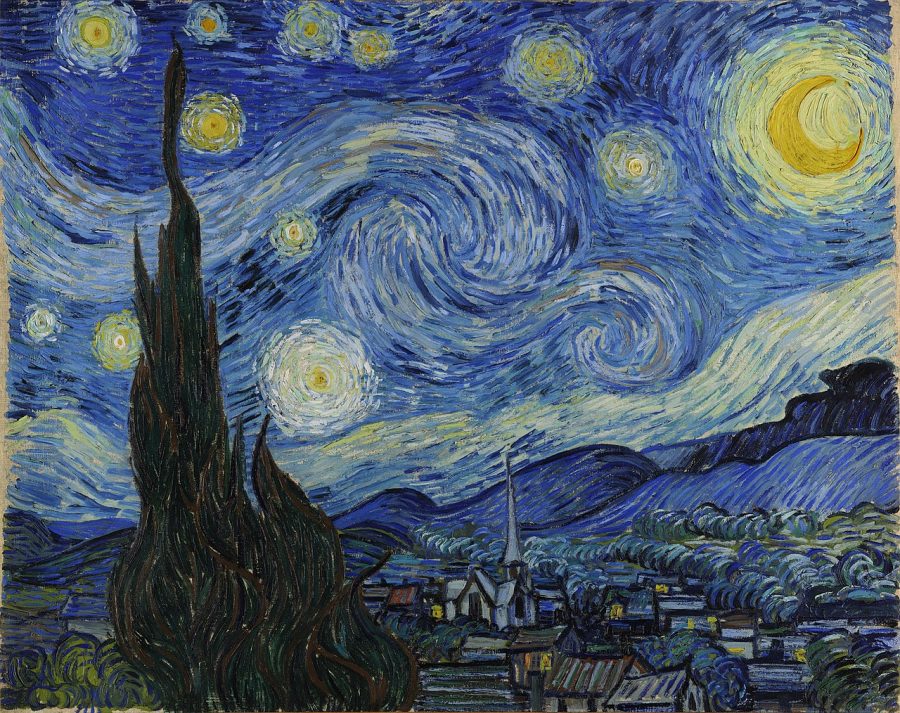Little correlation found between mental illness and creativity
Artist Vincent Van Gogh is suspected to have suffered from depression in his lifetime.
November 21, 2018
People often say that pain leads to great beauty, but does the same apply to art?
Throughout history, scientists have researched the link between mental illness and creativity extensively, and people often generalize artists as having forms of emotional disorders.
While this may be true for countless, distinguished artists including Vincent Van Gogh and Edvard Munch, research shows that creativity is not necessarily a result of madness.
A Psychology Today study found little correlation between mental illness and creativity. In fact, the study revealed that symptoms of mental illness “tend to block or derail creativity, whereas mental health is facilitating.”
But in many cases, those with mental illnesses utilize art as an outlet to express themselves.
Some art galleries offer classes, space in their galleries and other necessities to those affected by mental illnesses, said Manhattan Arts International founder Renée Phillips.
Independent projects like “Don’t Just Stare,” a series of workshops which aim to combat mental health stigma with creativity, provide an outlet for those with mental illnesses, Phillips said.
Freshman Jacob Bardinas of Keyport said that the tortured artist stereotype is a myth.
”People want to just put their problems on to their favorite artists so they can connect with them better,” Bardinas said.
Freshman Emma Belletier of Avon disagrees, and said she that many artists have mental illnesses.
“Artists tend to have a mental illness before they become artists because they often channel into their art,” Belletier said.
Junior Caelin Burgi said that artists are typically pressurized, something that may contribute to the tortured artist stereotype.
“I think it’s really bad that artists are under so much pressure to always come up with something with the little resources that they have.”
Mental health is something that society has just begun to discuss, and therefore still may view it as taboo. Regardless of discussion about them, mental health illnesses affect approximately 1 in 5 adults in the United States in a given year, according to the National Alliance on Mental Illness. Projects like “Don’t Just Stare” are doing their part to educate and inform the general public as well as provide assistance to those struggling with these illnesses in the form of creativity.




